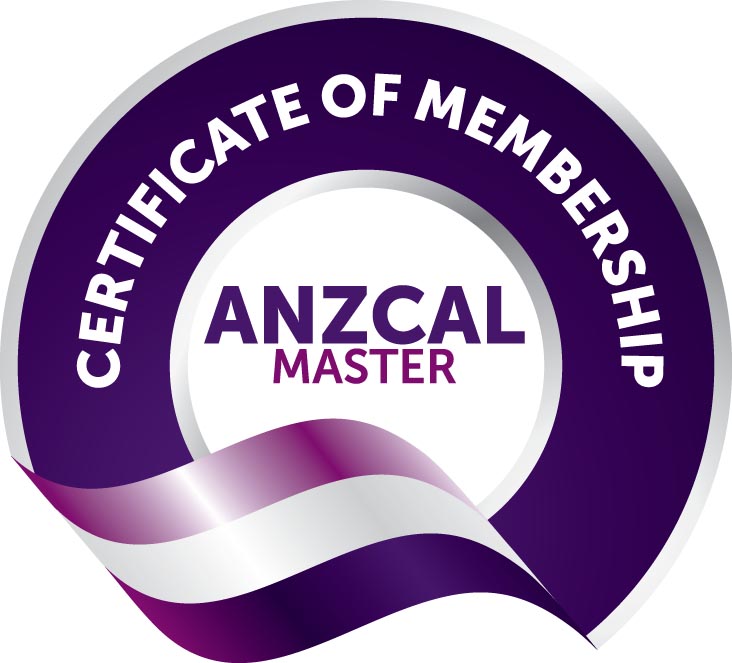Teacher wellbeing is the state of feeling good and functioning well as an educator. It involves physical, mental, emotional and spiritual aspects of wellbeing. Teacher wellbeing is important not only for teachers themselves, but also for the children they teach and the quality of education they provide. Research has shown that teacher wellbeing can have positive effects on children’s learning and development in various ways (NCCP , 2020).
How can teacher wellbeing enhance children’s learning and development?
Here are some examples:
1. Teacher wellbeing can foster positive teacher-child relationships.
Positive teacher-child relationships are essential for creating a supportive and nurturing learning environment for young children. Children who experience warm, responsive, and consistent interactions with their teachers are more likely to feel secure, confident, and motivated to learn. They are also more likely to develop social and emotional skills such as empathy, cooperation, and self-regulation. Teacher wellbeing can help teachers to build caring and responsive relationships with their students by enhancing their communication, empathy, and patience skills (ECLKC , 2018).
2. Teacher wellbeing can promote effective teaching practices.
Effective teaching practices are those that are intentional, engaging, and responsive to children’s needs and interests. They involve planning, implementing, and evaluating curriculum activities that support children’s learning and development across domains. Teacher wellbeing can help teachers to adopt effective teaching practices by enhancing their competence, creativity, and flexibility skills. Teachers who are well can also cope better with the challenges and demands of their work, such as managing classroom behavior, differentiating instruction, and collaborating with colleagues (NAEYC , 2016).
3. Teacher wellbeing can inspire a passion for learning.
A passion for learning is a strong and positive emotion that one feels towards something that one loves or enjoys. It involves curiosity, enthusiasm, and perseverance in pursuing one’s goals. Teacher wellbeing can help teachers to inspire a passion for learning in themselves and their students by enhancing their motivation, satisfaction, and optimism skills. Teachers who are passionate about their work can also model a positive attitude towards learning and foster a culture of inquiry and exploration in their classrooms (McHugh , 2016).
4. Teacher wellbeing can contribute to a sense of purpose.
A sense of purpose is a sense of meaning and direction that one has in life. It involves identifying one’s values, goals, and impact on others or society. Teacher wellbeing can help teachers to find a sense of purpose in their work by enhancing their self-awareness, self-regulation, and self-development skills. Teachers who have a sense of purpose can also serve a cause greater than themselves and make a positive difference in the lives of their students, families, and communities (Seligman et al., 2012).
Teacher wellbeing is not only a desirable state of personal wellbeing, but it also essential for quality education and is a vital factor for enhancing children’s learning and development. By feeling good and functioning well as educators, teachers can foster positive teacher-child relationships, promote effective teaching practices, inspire a passion for learning and contribute to a sense of purpose in their work. Teacher wellbeing can also benefit teachers themselves, as it can improve their health, happiness and performance.
© Gaynor Clarke, July 2023
References
ECLKC (2018). Building positive learning environments for young children starts with you . Retrieved from https://eclkc.ohs.acf.hhs.gov/blog/building-positive-learning-environments-young-children-starts-you
McHugh M (2016). The impact of compensation on employee performance: A literature review . Journal of Human Resources Management Research 1–11.
NAEYC (2016). Building environments that encourage positive behavior: The preschool behavior support self-assessment . Retrieved from https://www.naeyc.org/resources/pubs/yc/mar2016/building-environments-encourage-positive-behavior-preschool
NCCP (2020). Early care and education teacher well-being . Retrieved from https://www.nccp.org/wp-content/uploads/2020/05/text_1224.pdf
Seligman ME et al. (2012). Flourish: A visionary new understanding of happiness and well-being . New York: Free Press.
Gaynor Clarke
B.Ed (Teaching), Cert Tertiary Teaching, PGDip Ed, MEd Leadership
Reach. Teach. Lead.
Reach Education Ltd
Teacher Leadership Mentoring and Life Coaching. Personal and Professional Development.
Gaynor is a teacher educator and mentor facilitating personal & professional leadership wellbeing outcomes for teachers.
If you are an early childhood teacher or leader looking to enhance your leadership skills, I would love to work with you. As a leadership mentor and coach, I specialize in helping early childhood educators develop their leadership potential and make a positive impact for the ākonga they serve. If you are interested in learning more about my leadership mentoring services, please visit my website or contact me directly to schedule a consultation. I would love to work with you!








Leave a Comment
You must be logged in to post a comment.